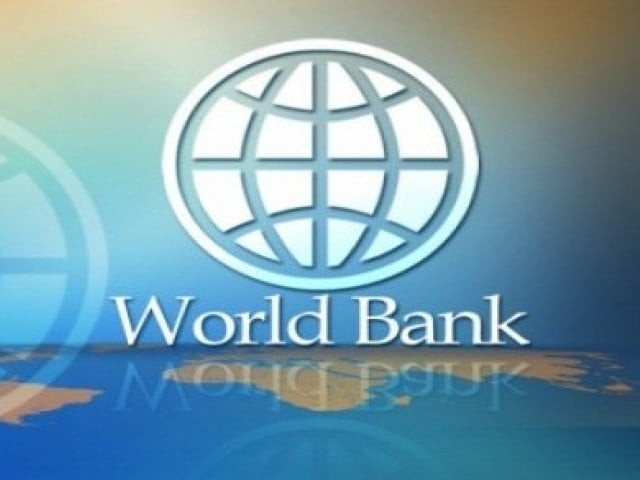World Bank likely to give thumbs-up to $1-billion loan
Course of action to avail loan discussed between Dar, Benmessaoud.

The World Bank’s targets were ambitious and the lending agency has also admitted this, said ministry officials.
However, the fate of another $400-million loan for the energy sector – this coming from the Asian Development Bank (ADB) – remains uncertain as the Manila-based lending agency has conditioned it on installing smart meters, to be achieved through ADB’s $1-billion loan, across all power distribution companies.
Pakistan has also been unable to meet conditions it agreed while availing $400 million from the ADB last year.
Meanwhile, the course of action agreed, in order to avail the $1-billion from the Washington-based lending agency, was discussed during a meeting held on Friday between Finance Minister Ishaq Dar and World Bank Country Director Rachid Benmessaoud.
Dar also met ADB’s Country Director Werner Liepach separately to discuss the possibility of the $400-million loan.
The two lenders have joined hands to push a reluctant Pakistan government to implement reforms across an area that is shaving off roughly 2% of Gross Domestic Product each year. So far, the government’s focus largely remains on availing policy loans to fulfill balance of payments requirements.
The government is seeking two development policy credits from the World Bank, each amounting to $500 million for the power sector and ‘inclusive growth’. The World Bank’s Board may call a meeting either next month or in May to clear both these credit lines, according to an official of the Ministry of Finance and Economic Affairs.
Last year, the World Bank had approved $600 million for energy reforms aimed at reducing power subsidies and line losses, while improving the accountability of the power sector. The World Bank had also put the condition of reducing the government’s role in determining electricity prices. The other targets were about developing an efficient and consumer-oriented electric power system, opening the sector to private sector participation and ensuring transparency and accountability.
However, the government has not met many of these benchmarks, although it claimed putting mechanisms in place to achieve these targets.
The World Bank’s targets were ambitious and the lending agency has also admitted this, said ministry officials.
Last year, the World Bank board had also approved $400 million for macroeconomic reforms with a focus on overhauling the taxation regime. For the second tranche of $500 million, Dar assured World Bank that his government was sincere in withdrawing tax exemptions under the second phase from July this year.
The meeting reviewed the state of reforms in the energy sector undertaken under the National Power Policy 2013, according to a handout issued by the finance ministry. It added the government made considerable progress in line with the development policy credits provided by the World Bank, ADB and JICA last year.
Irrespective of the government’s claim, the World Bank operation’s committee would soon review the reforms process undertaken in the energy sector under previous year’s $600-million lending. Dar hoped the World Bank would continue its support for financing economic projects in Pakistan.
ADB affairs
Despite availing $400 million last year, Pakistan could not reduce the circular debt to under Rs220 billion by January this year, as it had given commitment to the ADB, said the finance ministry official. He said the Ministry of Water and Power also did not meet its target of improving recovery of bills.
However, he said, the ministry has started penalising the heads of power distribution companies for not improving recovery and reducing line losses. The government’s problems have mounted as the ADB is not ready to extend the second tranche of $400 million until it implements the smart meters project, said officials.
But the government was of the view that there was no rationale to invest $1 billion in implementing the smart-metering project, as the government has already advertised to privatise the power distribution network.
Published in The Express Tribune, March 21st, 2015.
Like Business on Facebook, follow @TribuneBiz on Twitter to stay informed and join in the conversation.



















COMMENTS
Comments are moderated and generally will be posted if they are on-topic and not abusive.
For more information, please see our Comments FAQ